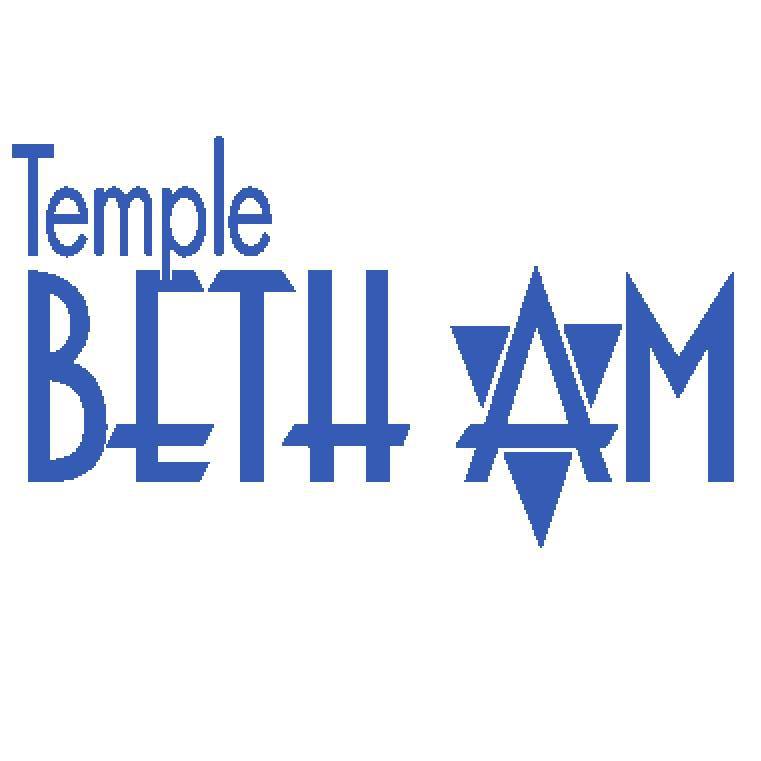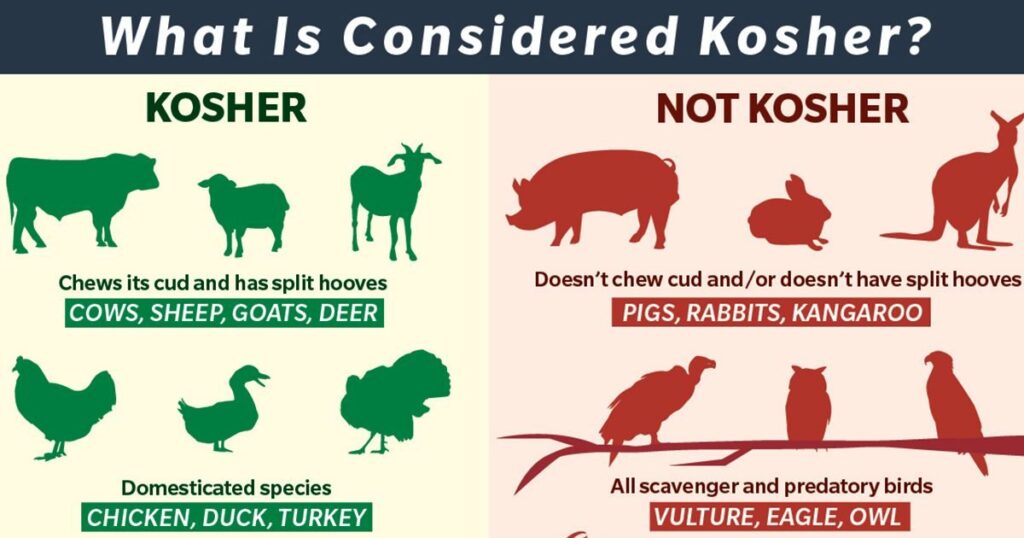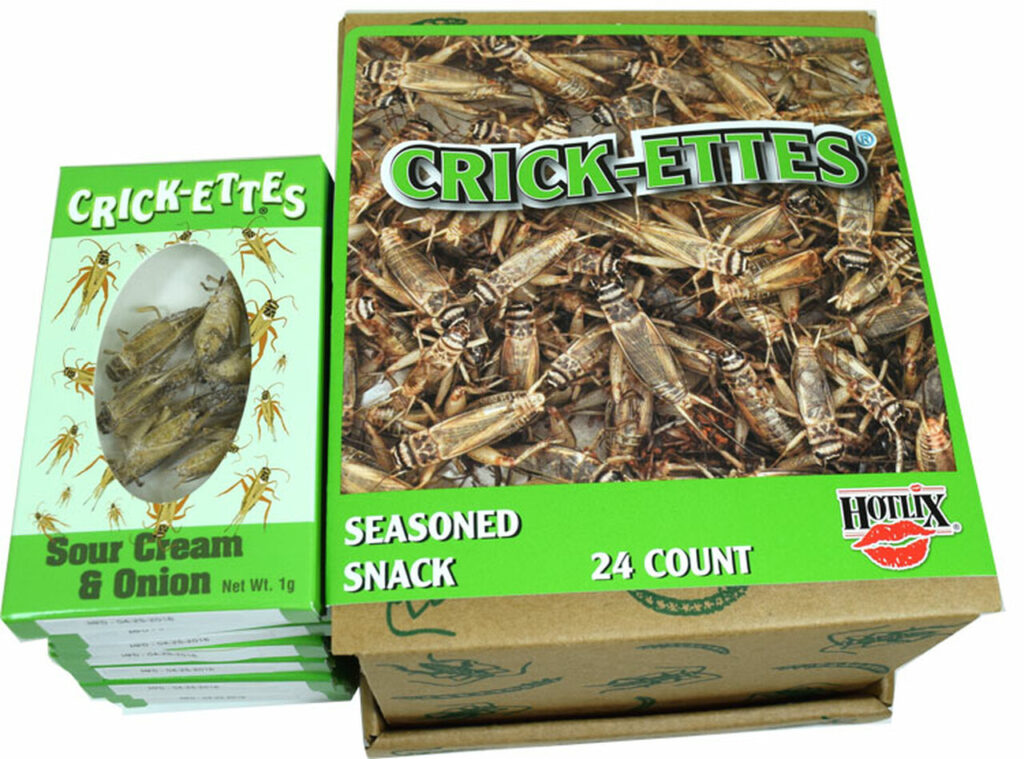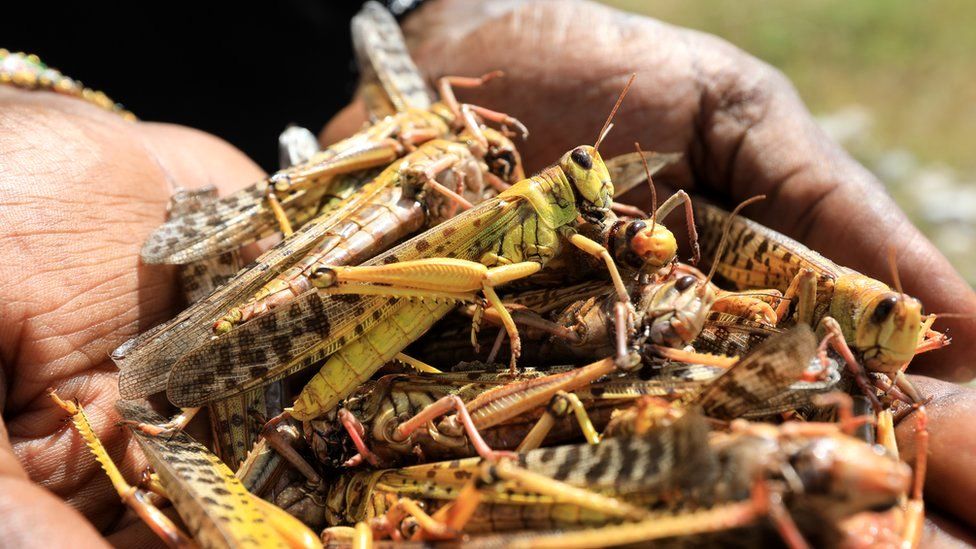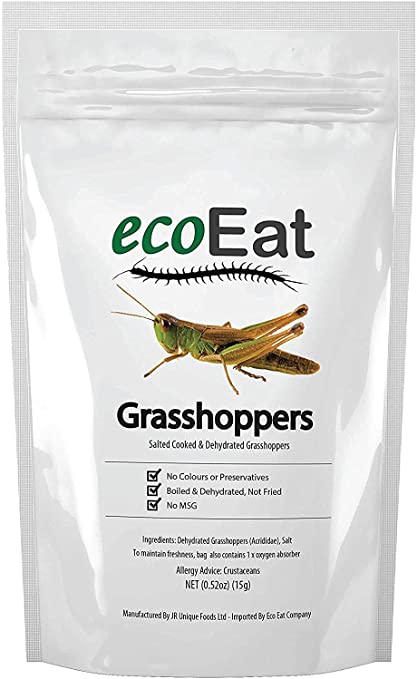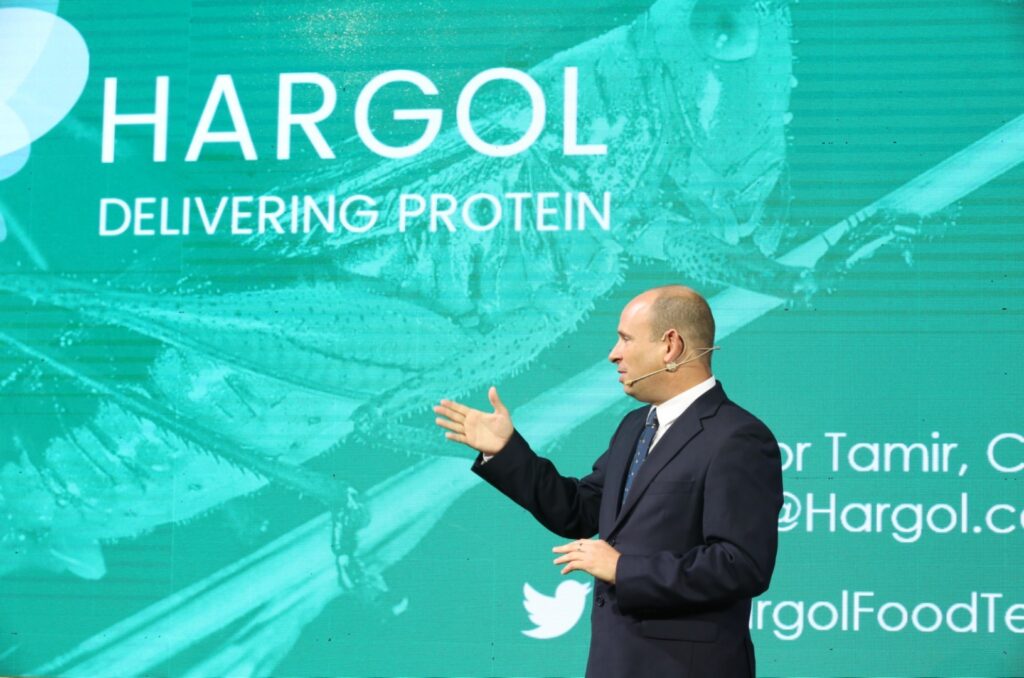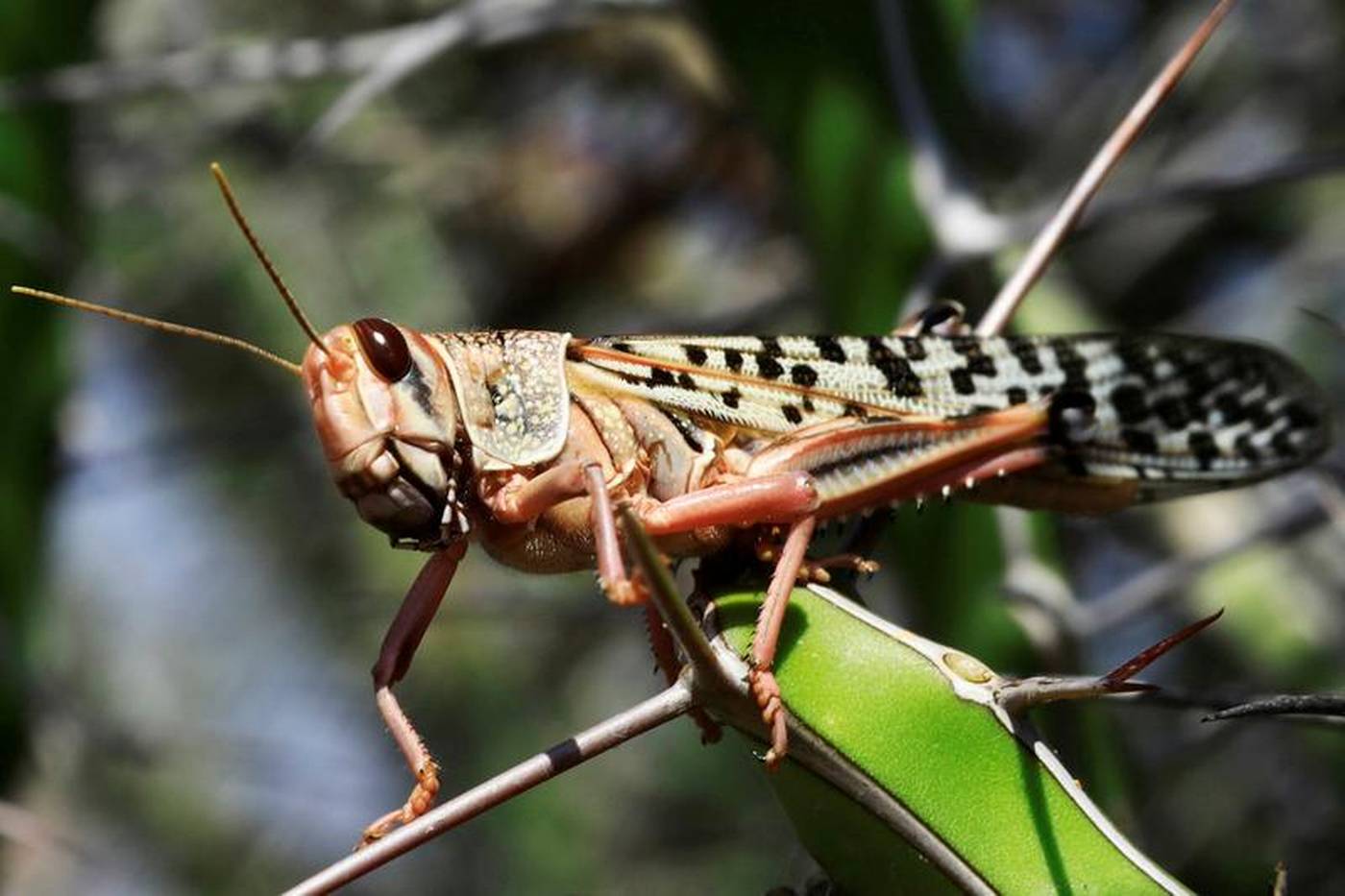
This past Shabbat I had the pleasure of visiting Temple Beth Am in Margate, Florida for Men’s Club Shabbat. The ruach was strong for Shabbat Parah as Beth Am Men’s Club President Larry Schwartz, (Temple President) Adam Sternberg, Moshe Shmia and nearly three dozen members of Beth Am Men’s Club delivered a Men’s Club Shabbat to remember. After services there was a delicious Kiddush lunch including a beautiful and decorative sheet cake sponsored by Men’s Club.
Speaking of lunch, this week’s Torah reading from Leviticus Chapter XI included many of the laws of ritual purity for different types of food. Parshat Shimini differentiates clean and unclean quadrupeds (a Kosher a quadruped must have a fully divided cloven foot and chew its cud) and fish (whatever has fins and scales in the waters, seas and rivers is Kosher). It contains list of specifically prohibited and unclean birds, including the vulture, osprey, falcon, raven, ostrich, hawk, owl, cormorant, pelican, stork, heron and bat to name a few. But most interestingly, it discusses clean and unclean insects.
Leviticus XI: 20-23 says, “(20) All winged swarming things that walk on fours shall be an abomination for you. (21) But these you may eat among all the winged swarming things that walk on fours: all that have, above their feet, jointed legs to leap with on the ground. (22) Of these you may eat the following: locusts of every variety; all varieties of bald locust; crickets of every variety; and all varieties of grasshopper. (23) But all other winged swarming things that have four legs shall be an abomination for you.”
Does that mean locust, crickets and grasshoppers are Kosher? Jews in Yemen and North Africa have been eating locusts for generations however based on rabbinic interpretations, the eating crunchy crickets and gooey grasshoppers have never gone mainstream for European / Ashkenazi Jews.
In Israel, Golan-based Hargol Foodtech is looking to change this dynamic and make locusts a “food of the future’ that could replace livestock as a source of natural protein. Hargol’s chief executive Dror Tamir grew up hearing stories of how locusts destroyed the fields of his kibbutz in the 1950s. Yet the Yemenite Jews in the area did not view locusts as crop-ruining pests, but instead as an edible source of nutrients. Tamir hopes that he can also bring locusts into mainstream Israeli cuisine by getting a kosher certification for his product from the country’s chief rabbinate.
As an adult, Tamir became a food and nutrition entrepreneur increasingly concerned about the environmental cost of providing the world’s growing population with enough animal protein. Tamir said he founded Hargol — Hebrew for grasshopper —after realizing the insects were the solution to global hunger. His company’s goal is to be “the first in the world to grow grasshoppers on a commercial scale and provide the world with a healthier and more sustainable source of protein.”
Unprocessed locusts consist of more than 70 percent protein and contain all amino acids, along with other nutrients. What they do lack is saturated fat and cholesterol. Around 2.5 billion people — mainly in developing nations — consume insects as part of their regular diet. “The most widely eaten insects in the world are grasshoppers,” Tamir said. But, he added, “when trying to target North American and European customers, it’s really hard to overcome the ‘yuck’ factor.”
To make its product more palatable to Westerners, Hargol turns locusts into powder, which can be mixed into various foods. Tamir’s company recently launched sales of locust-enhanced pancake mix and smoothie powders as well as grasshopper-enhanced energy bars and jars of roasted grasshoppers with Israeli honey. You can learn more about Hargol Foodtech and their products at https://hargol.com/.
This message is brought to you by the Florida Region of the FJMC. We serve the needs of Jewish Men’s Clubs and Brotherhoods across the State of Florida from the Panhandle to Miami. If you are not yet affiliated with the Federation, then today is the day to join us. Get to know more about the Florida Region of FJMC and our growing statewide network of dynamic Jewish Men’s Clubs and Brotherhoods on our website www.FloridaRegionFJMC.org and please visit and LIKE our Facebook Group at www.facebook.com/FloridaRegionFJMC.
